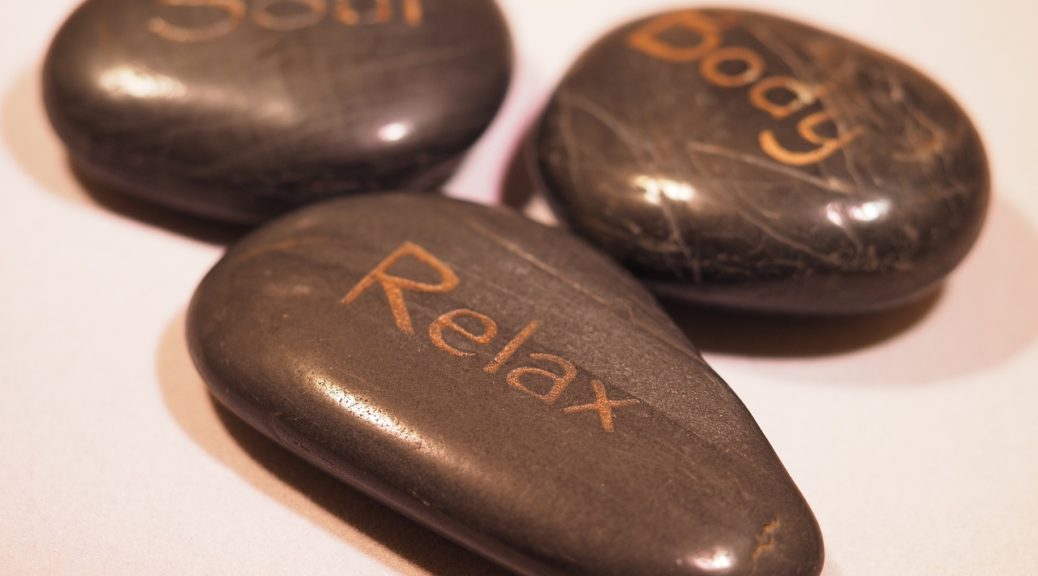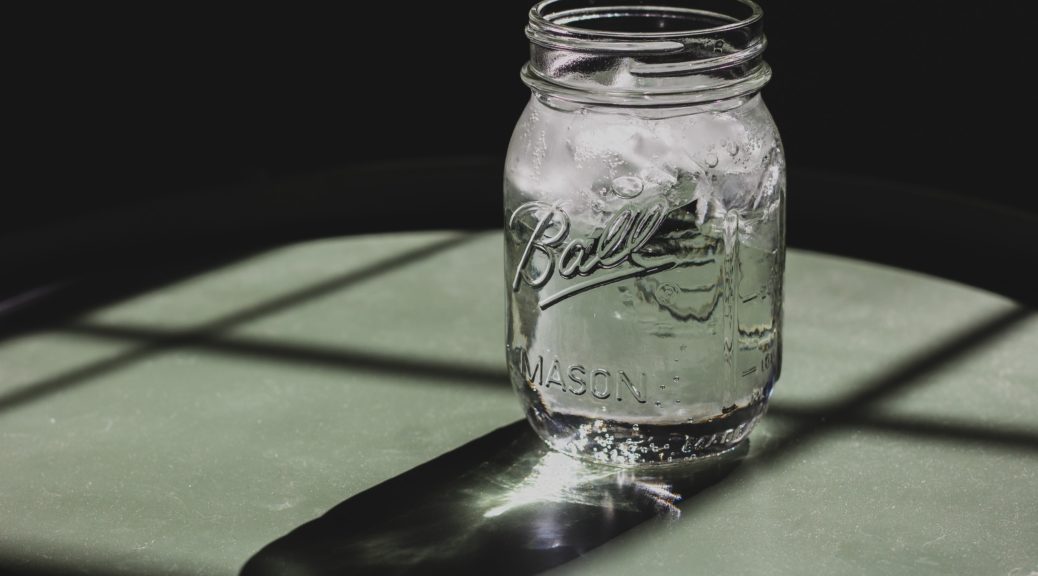By Yoko Fukumura
It’s finals season. Or it’s application season. Maybe it’s your first semester at college. Maybe it’s your last semester of school before you head off to the world.
No matter where you are in life, most of the time you probably have something big on your mind. And it’s not a bad thing – it means that you’re working hard and pushing yourself! But as important as it is to succeed and reach towards your goals, it is equally, if not more, important to be in tune with your mind and body.
As young adults sometimes we feel invincible. We think that we can eat cereal and instant noodles for weeks and pull all-nighters because self care can wait, but the test tomorrow will not wait. I’m also guilty of this and I can attest that this is false – I’ve done better when I prioritized eating and sleeping over studying on the last day. Even if our overworked immune system makes up for all the unhealthy choices momentarily, our physical and mental health might be taking a toll that ultimately affects your studies and future.
Doing well in school is not irrelevant, but your health will decide whether you do well, in school and after. These are a couple small things that I have found helpful along the way that don’t take up too much time.
First, you need to get to know yourself. If you don’t know your limits, it’s hard to plan ahead or know when to stop. We commend hard work, but we can’t keep working hard if we don’t know our limits. Writing a daily journal entry is one simple way to get to know yourself better, and it makes you tune in to your self at least briefly every day. If a blank paper isn’t enough structure for you, you could also get “Q&A a Day” at a bookstore or on Amazon.
Another big one for me was picking up an activity to do fairly consistently. In school, we have multiple deadlines and exams that have hard set dates and limited flexibility, but your hobbies and exercise are flexible. I try to exercise every day – nothing big, anything from ten minutes to thirty minutes on weekdays so that I don’t intimidate myself out of it. When I’m busy I can skip it without feeling guilty – it’s almost like tricking your mind and body so that when you have less time, you have surplus energy. One of the great resources of USC is the Recreational Sports program. There are many affordable fitness programs, from yoga and mindfulness to kickboxing. If you find group classes intimidating, there are 1-on-1 personal training and private session pilates/yoga as well. You can find more about the options here: https://sait.usc.edu/recsports/
Lastly, the easiest to do but also the easiest to forget, is to take deep breaths. Diaphragmatic breathing involves using the muscle between your lungs and abdominal area to breathe deeply (this youtube link explains and helps visualize the diaphragm), and one of our automatic reactions to stress is to take shallow breaths. Deep breathing has many lasting physiological effects, including inhibiting your body’s stress response. Stress affects not just your mind but your whole body, and too much of it can cause long term effects such as memory issues, high blood pressure, and migraines, among others. Breathing can be done anywhere – during class, on a bus, in your bed. It only takes a second, but you could feel better for the entire day, which affects your next day, week, and semester.
Your test tomorrow is important. But first, take a breath.
Featured image from Pixabay
Yoko is a 1st year graduate student in USC Chan Division of Occupational Science and Occupational Therapy. She is originally from Boston, Massachusetts where she studied piano performance at New England Conservatory of Music. Born to Japanese immigrant parents, Yoko is very familiar with both the challenges and beauties of cultural diversity. She is also an expert collaborator and teacher from her experience teaching piano and performing in ensembles.



